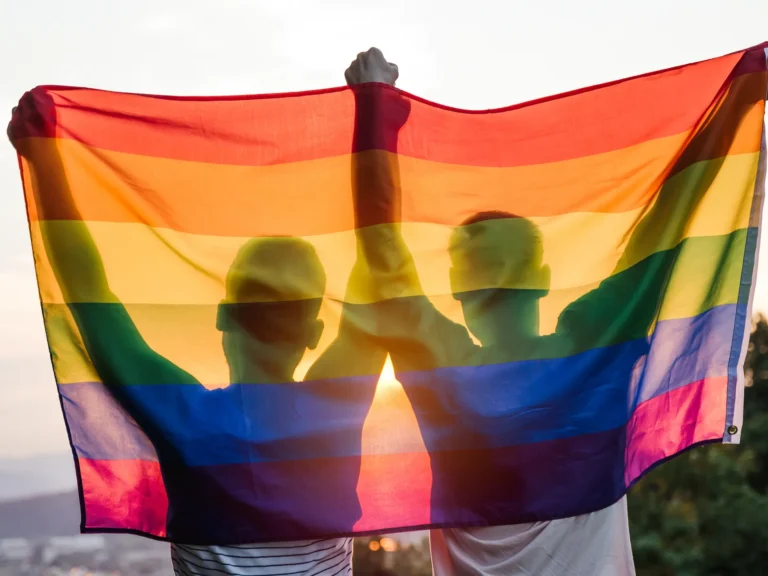Do 56% of adults still believe inaccurate ideas about LGBT people? Shocking as it may seem, many stereotypes persist, shaping the way society views individuals in the community. These myths create barriers, fuel discrimination, and overshadow the vibrant diversity of the people they target. It’s time to take a hard look at these beliefs and replace misinformation with truth.
Key Points
- LGBT individuals face misconceptions that oversimplify their experiences.
- Harmful ideas about relationships and identity persist despite evidence to the contrary.
- Myths about gender expression overlook individuality and diversity.
- Parenting abilities are unfairly questioned despite consistent research proving otherwise.
- Breaking stereotypes benefits society as a whole.
LGBT People Are Often Reduced to Misguided Myths
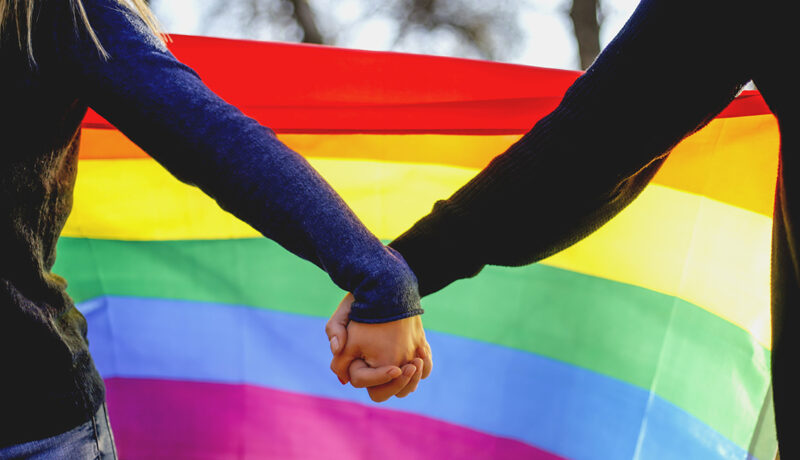
Many still see LGBT individuals through the lens of outdated ideas. For instance, people assume that every gay man is dramatic, every lesbian is masculine, or that bisexual individuals are “just confused.” These beliefs erase individuality and ignore the range of personalities within the community.
Think about it like this: if every left-handed person was assumed to be a creative genius, we’d be ignoring the countless lefties who excel in science, sports, or management. Human beings are diverse, and it’s unfair to define anyone by a single aspect of their identity.
Using reliable tools to fact-check online content, such as an AI checker, can help cut through misinformation. Resources like ZeroGPT’s artificial intelligence plagiarism checker make it easier to verify facts and communicate accurately about sensitive topics.
The Idea That LGBT People “Choose” Their Identity Is Harmful
One of the most persistent myths is the notion that being LGBT is a choice. Some argue that individuals decide to be part of the community for attention or rebellion. This thinking dismisses decades of scientific research and lived experiences.
Let’s compare identity to taste buds. You don’t choose to love chocolate or hate cilantro—your brain reacts naturally to flavors. Similarly, someone’s orientation or identity is an intrinsic part of who they are. It’s not about choosing; it’s about being authentic.
By rejecting this outdated notion, society can move closer to genuine understanding and respect.
Myths About LGBT Relationships Often Reflect Ignorance
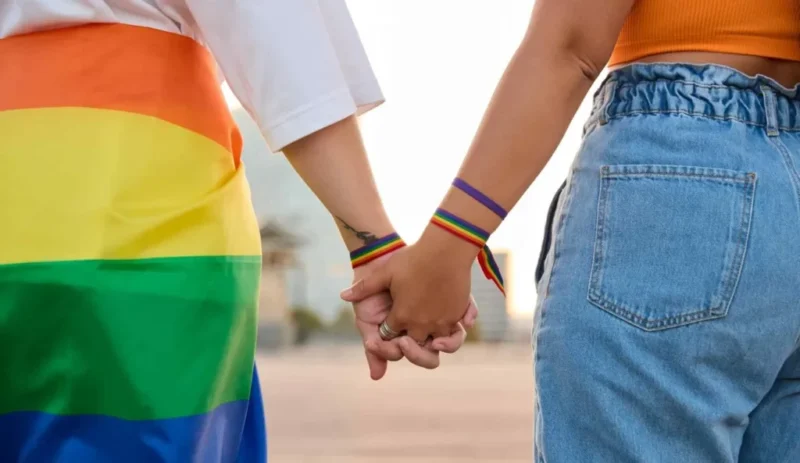
Some believe that LGBT relationships lack depth or are fleeting. This misconception is rooted in heteronormative biases that fail to recognize the resilience and love within these partnerships.
In reality, many LGBT couples thrive despite societal pressures and discrimination. They overcome legal battles, fight for recognition, and build strong families. Their relationships highlight the importance of commitment, trust, and mutual respect—values universal to all partnerships.
Why These Myths Are Dangerous
- They downplay the challenges and victories of LGBT families.
- They create stigma, making it harder for couples to access equal rights.
- They ignore the love and dedication present in LGBT households.
Every relationship, regardless of who’s involved, is built on the same foundations of care and understanding.
Stereotypes About Gender Expression Are Too Narrow
People often associate specific appearances or behaviors with sexual orientation or gender identity. For example, gay men are assumed to be effeminate, while lesbians are portrayed as overly masculine. This oversimplifies the way people express themselves and reduces individuality.
Gender expression is deeply personal. Some individuals align with traditional norms, while others break them entirely. It’s like fashion: some follow trends, others create their own. Neither approach is wrong—it’s all about comfort and authenticity.
Fun Fact
Did you know that the term “drag” originated in theater, where performers wore extravagant costumes regardless of their identity? It highlights how personal expression transcends labels.
The Reality of Bisexual Erasure in Modern Society
Bisexual individuals often face unique challenges, even within the LGBT community. Society tends to invalidate their identity, claiming they are either “confused” or “undecided.” This harmful narrative erases their experiences and puts them in a position where they feel they must constantly prove themselves.
Key Impacts of Bisexual Erasure
- Internal conflict: Many bisexual individuals struggle with self-acceptance.
- Social isolation: They may feel excluded by both heterosexual and gay communities.
- Misrepresentation: Media often ignores bisexuality, perpetuating one-dimensional narratives.
A person’s identity is valid no matter who they date or what others think. By acknowledging and respecting bisexuality, we create a more inclusive world.
The LGBT Community Is Not a Monolith
A common mistake is assuming everyone in the LGBT community shares the same struggles, goals, and views. The truth is, the experiences of a transgender woman differ greatly from those of a gay man or a nonbinary individual.
Cultural background, age, and location all shape how individuals navigate their identities. For example, a young person growing up in an accepting city will have a vastly different experience compared to someone in a rural area with less visibility or support.
By recognizing this diversity, we can approach issues with greater empathy and nuance.
Parenting Myths Continue to Plague LGBT Families
One of the most damaging beliefs is that LGBT parents cannot provide stable, loving homes. Despite overwhelming evidence to the contrary, this stereotype persists, causing real harm to families.
What Research Shows
- Children of LGBT parents perform just as well academically and socially as their peers.
- Parenting success is tied to love, care, and support—not orientation or gender identity.
- Families with LGBT parents often display greater resilience due to the unique challenges they face.
Every child deserves a home filled with love and acceptance. Stereotypes about parenting only harm children and families who are working hard to thrive.
How Stereotypes Lead to Workplace Discrimination
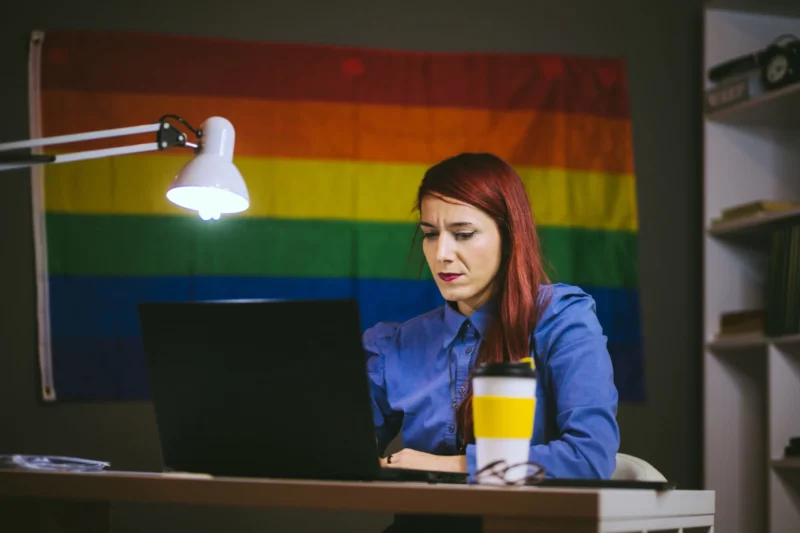
Preconceived ideas about LGBT individuals often manifest in the workplace. Some employers may view gay men as too flamboyant or transgender individuals as “too complicated” to accommodate.
Key Barriers LGBT Individuals Face at Work
- Hiring bias: Qualified candidates are passed over based on assumptions.
- Unequal pay: Discrimination affects salary negotiations and promotions.
- Hostile environments: Microaggressions and outright harassment create toxic workplaces.
Breaking these barriers requires inclusive policies, active allyship, and accountability within organizations. A fair workplace benefits everyone, fostering diversity and innovation.
Why Challenging Misconceptions Matters
Dispelling myths isn’t just about correcting wrong ideas—it’s about creating a world where everyone feels valued and respected. False beliefs don’t just harm individuals; they limit society’s potential for growth and understanding.
Imagine a society where diverse identities are celebrated rather than feared. Schools become safe havens, workplaces thrive on collaboration, and communities flourish with mutual respect. By addressing stereotypes head-on, we pave the way for a more inclusive and compassionate future.
The Power of Education in Breaking Harmful Myths
Education remains one of the most effective tools for dismantling harmful stereotypes. Accurate information can replace outdated beliefs, fostering empathy and understanding across all communities.
Steps Toward Greater Awareness
- Inclusive curriculums: Schools should teach about LGBT history and rights.
- Open conversations: Encouraging dialogue reduces fear and builds connections.
- Representation in media: Positive portrayals help normalize diverse identities.
By prioritizing education, we equip future generations with the tools to challenge prejudice and create a more inclusive society.
Final Thoughts
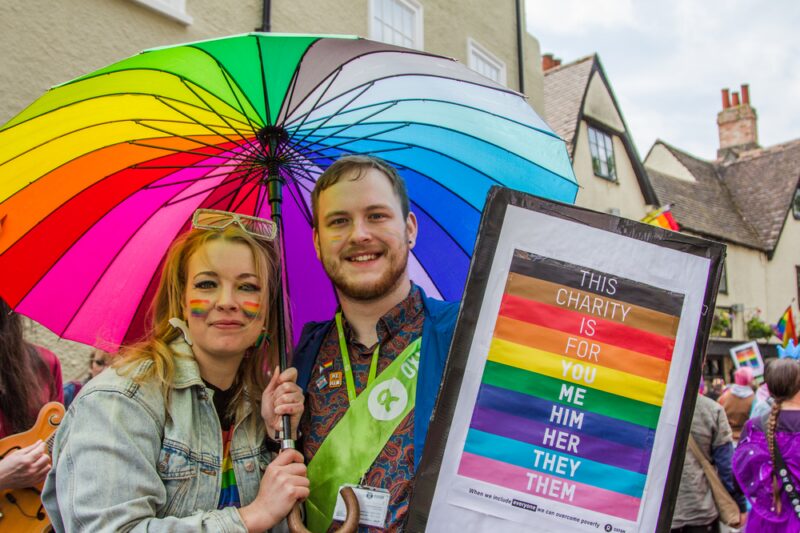
The myths surrounding LGBT individuals often stem from ignorance, fear, or outdated beliefs. Breaking them requires us to listen, learn, and challenge assumptions. Every step we take toward dismantling stereotypes brings us closer to a world where everyone can thrive.
Let’s commit to being part of the solution—through education, advocacy, and kindness. Together, we can set the record straight.

